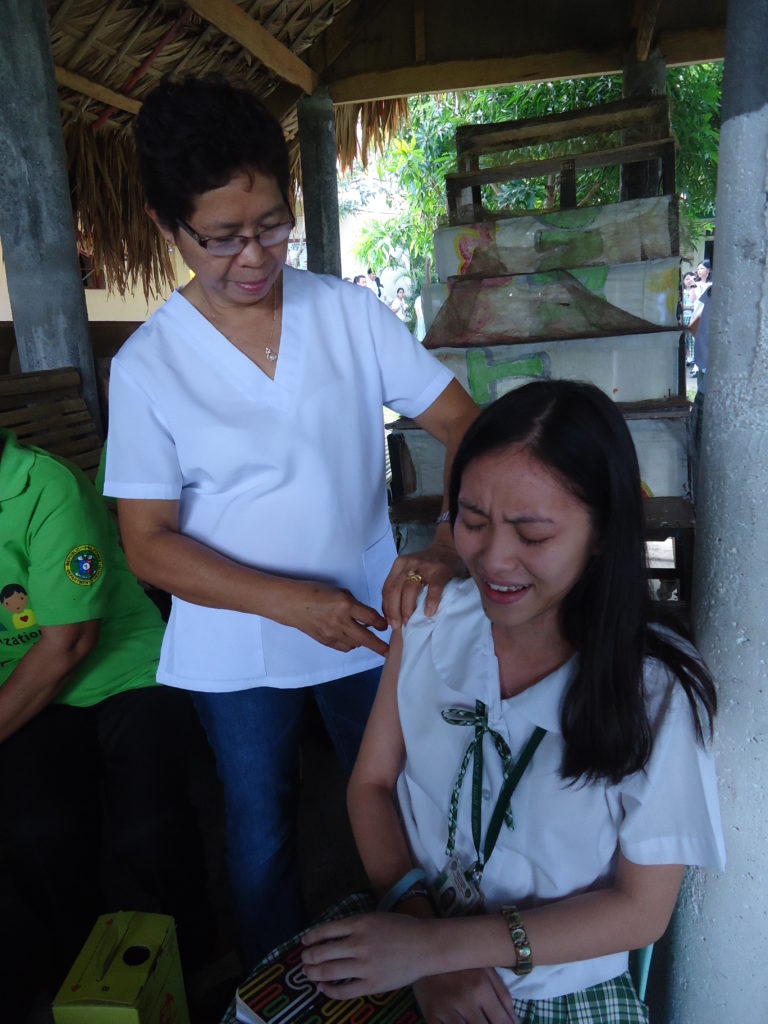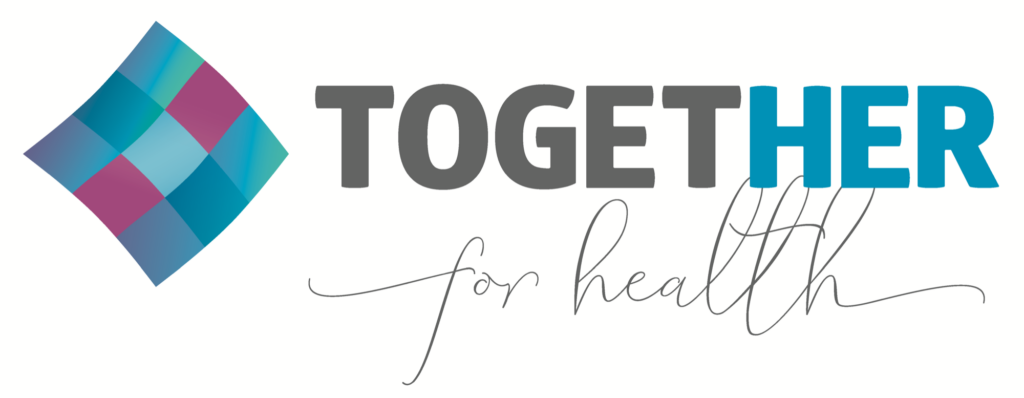Saving Lives with HPV Immunization
25 April 2019 – Vaccines are among the amazing tools that modern medicine offers us to fight disease. This year during World Immunization Week—April 24-30—TogetHER for Health celebrates the lifesaving vaccine against human papillomavirus (HPV), the virus that causes most cases of cervical cancer. Since it came into use less than twenty-five years ago, the HPV vaccine has made possible an audacious vision: the elimination of cervical cancer around the world, and an end to the hundreds of thousands of deaths it causes each year.

In places where the vaccine has been administered to large percentages of the target population, there has been a measurable reduction in HPV. In Australia, for example, six years after the introduction of the vaccine in 2007, there was an 86 percent reductionin the prevalence of vaccine-type HPV infections in 18- to 24-year-olds who had received three vaccine doses.
If Australia’s high-coverage vaccination and screening for cervical cancer is maintained, researchers estimate the elimination of cervical cancer as a public health problem in Australia within the next 20 years.
A new study of Scottish women screened for cervical cancer has demonstrated that the reduction in HPV has also led, as expected, to a decrease in cervical pre-cancers.
Dramatic results have been measured in high-income countries, but as the HPV vaccine is scaled up in the lower-income countries where the burden of cervical cancer is higher, there is potential for enormous health impact. TogetHER for Health supports the policymakers and health care providers in high-burden countries who aim to introduce the HPV vaccine or increase coverage.
Kenya will soon roll out the HPV vaccine nationwide. As she worked last year to prepare for the rollout, Dr. Anne Ng’ang’a, the Head of National Cancer Control Program, told TogetHER, “this vaccine is a cancer prevention measure. We know there is a global call to end cervical cancer. So really it is upon us to … accept that call and do something about it.”
Like other vaccines approved by regulatory bodies around the world, the HPV vaccine is safe and effective. By prioritizing investment in routine immunization, lower-income countries can replicate the success in places like Australia and Scotland. Administered to today’s pre-adolescents, the HPV vaccine has the power to save lives by preventing cervical cancer in tomorrow’s women.
To help TogetHER foster the conditions for successful vaccine rollout in high-burden countries, please consider a donation: https://secure.givelively.org/donate/panorama-global/together
Byline: Jennie Aylward
